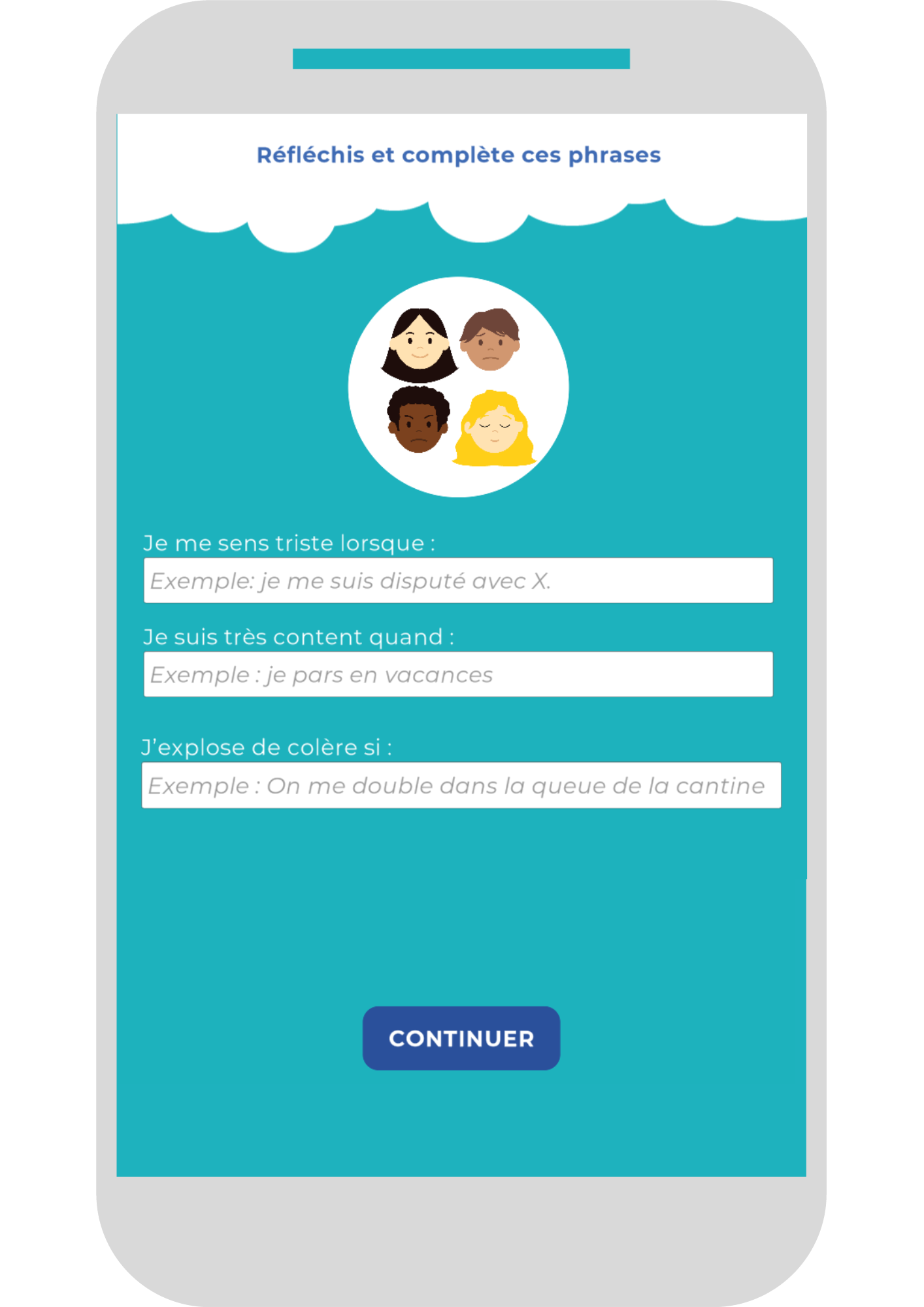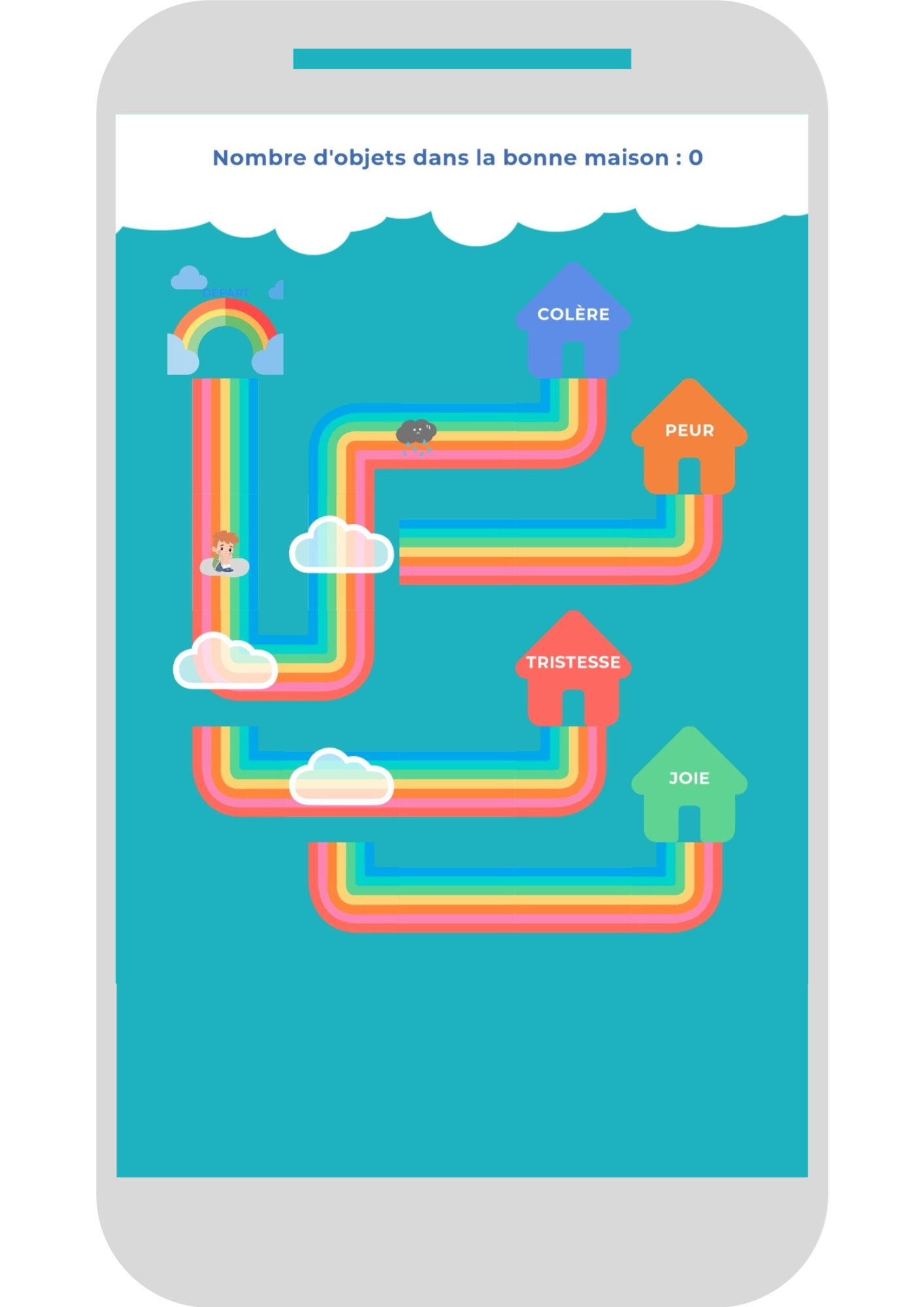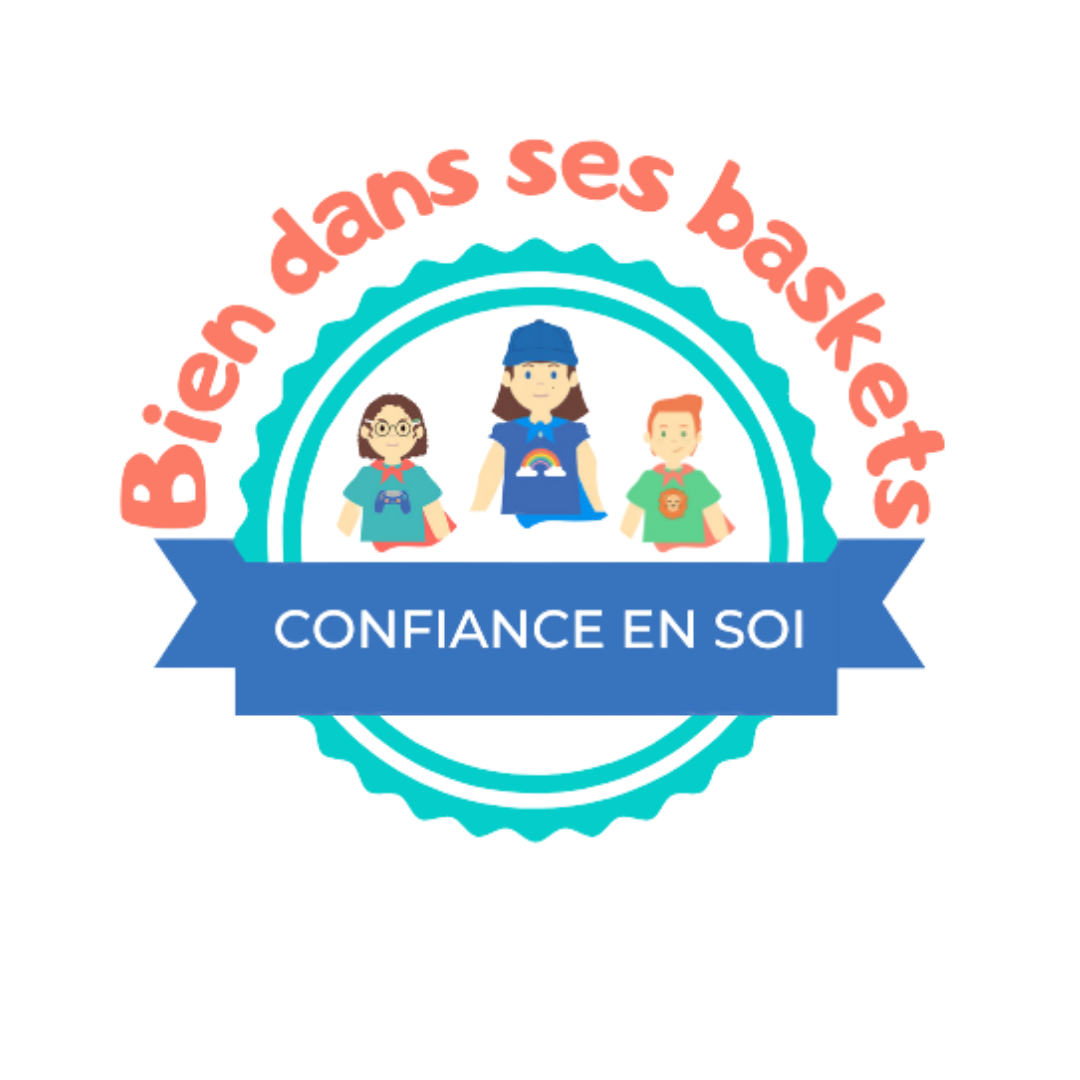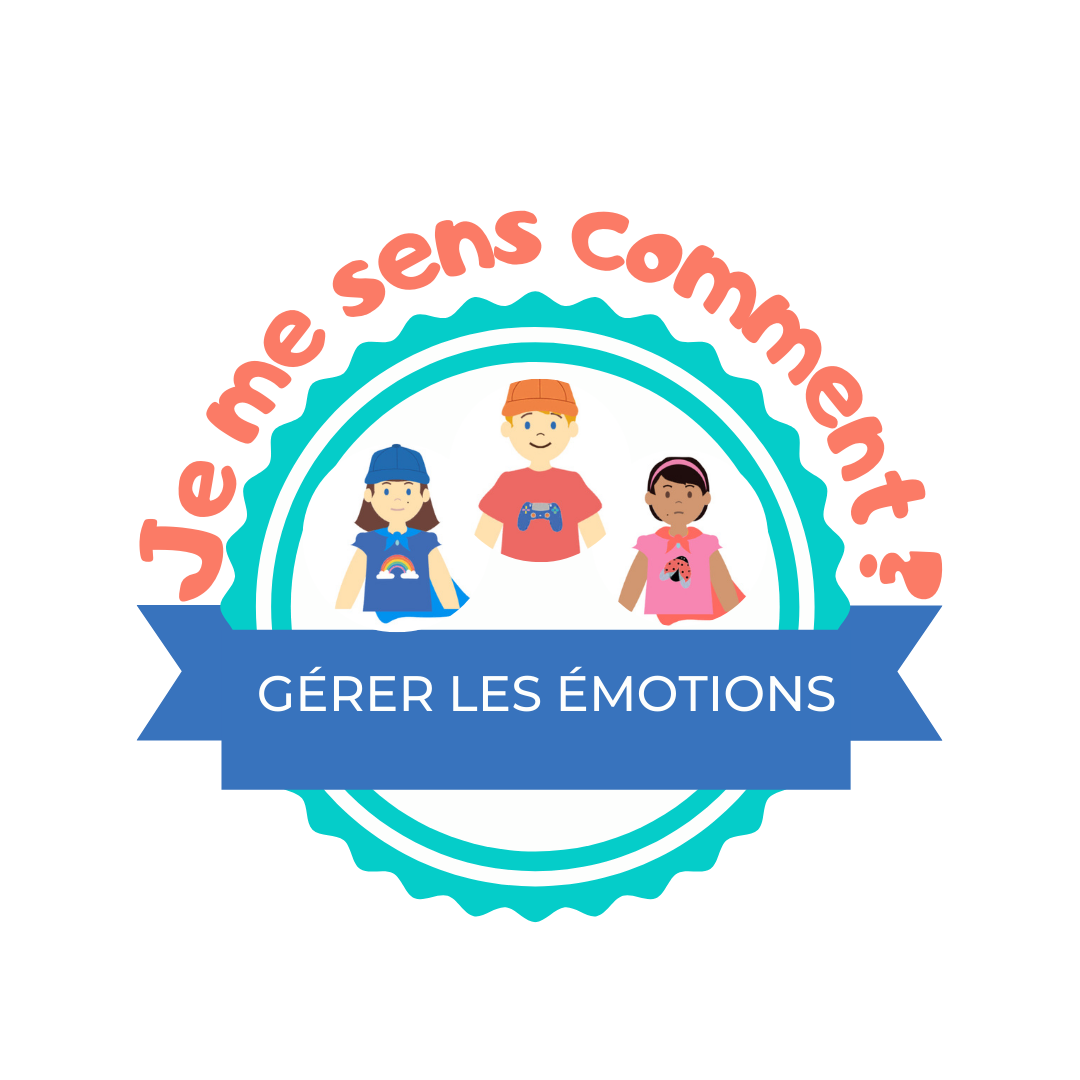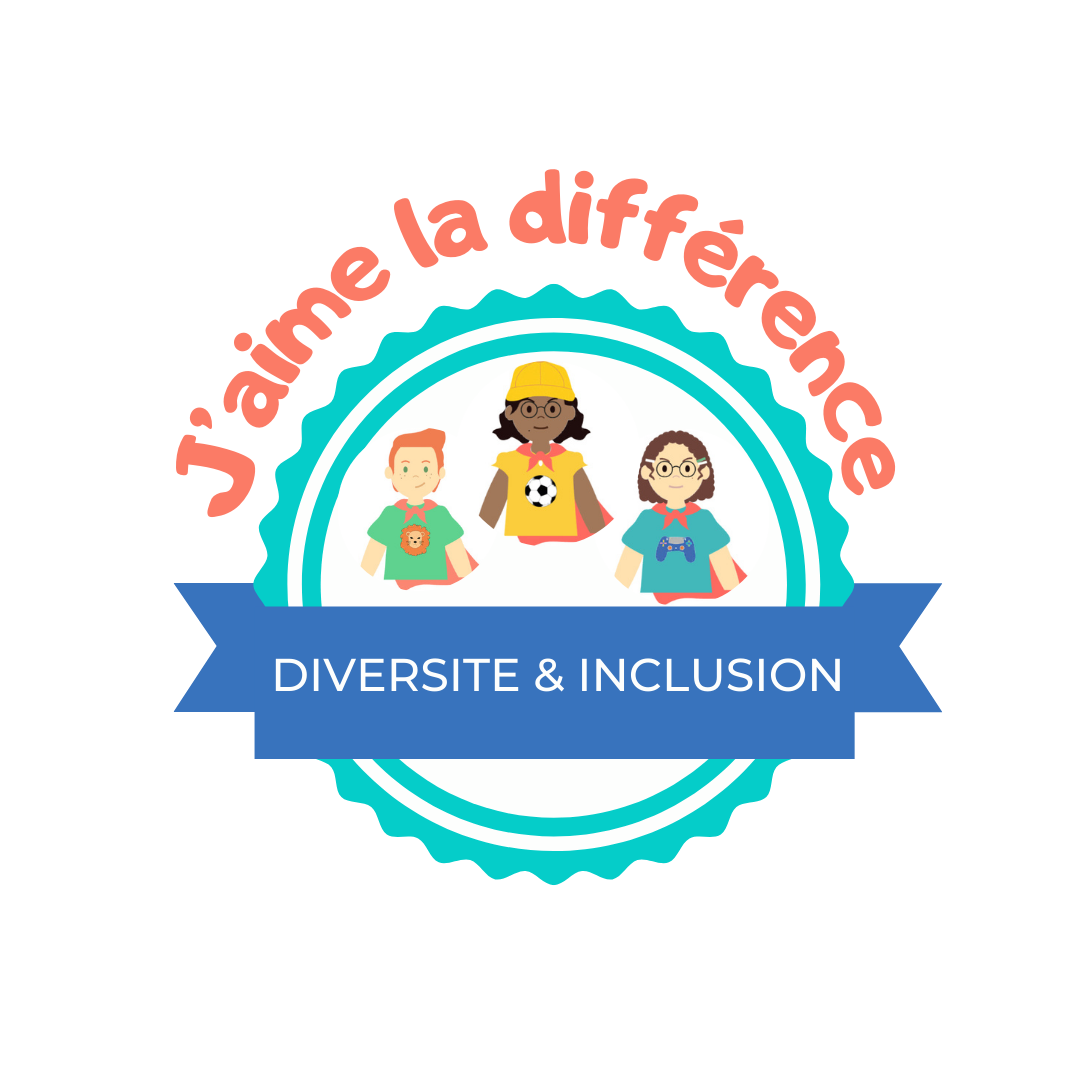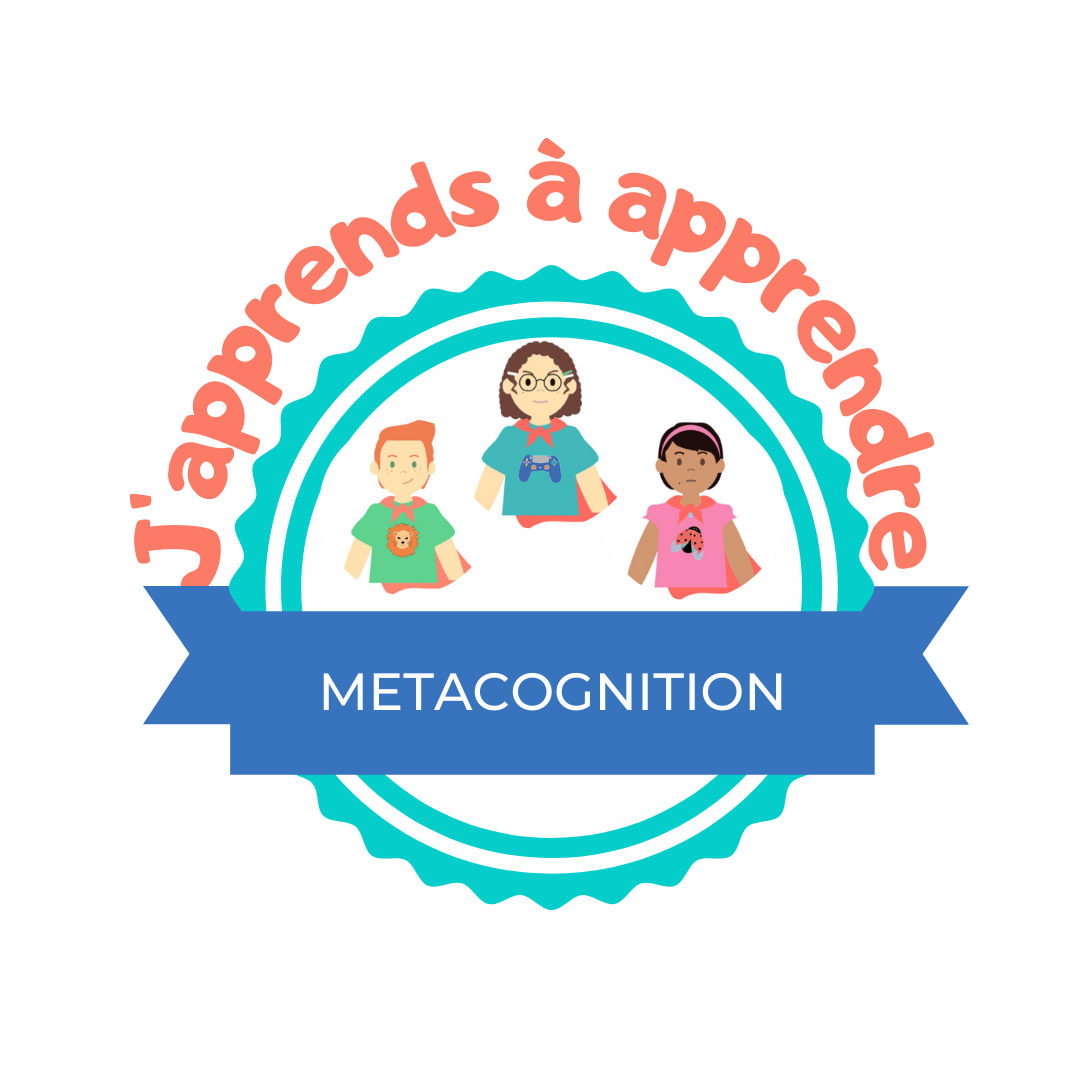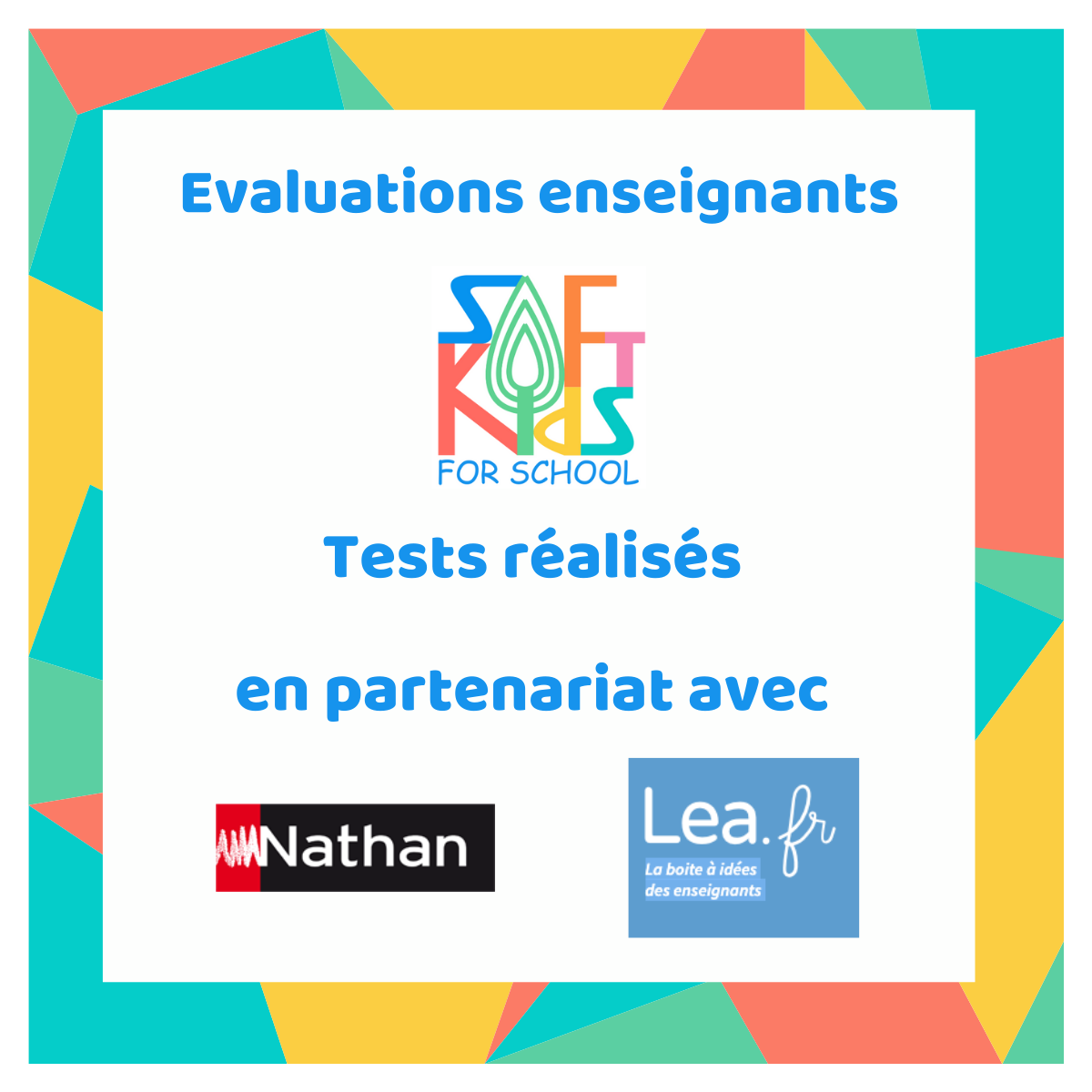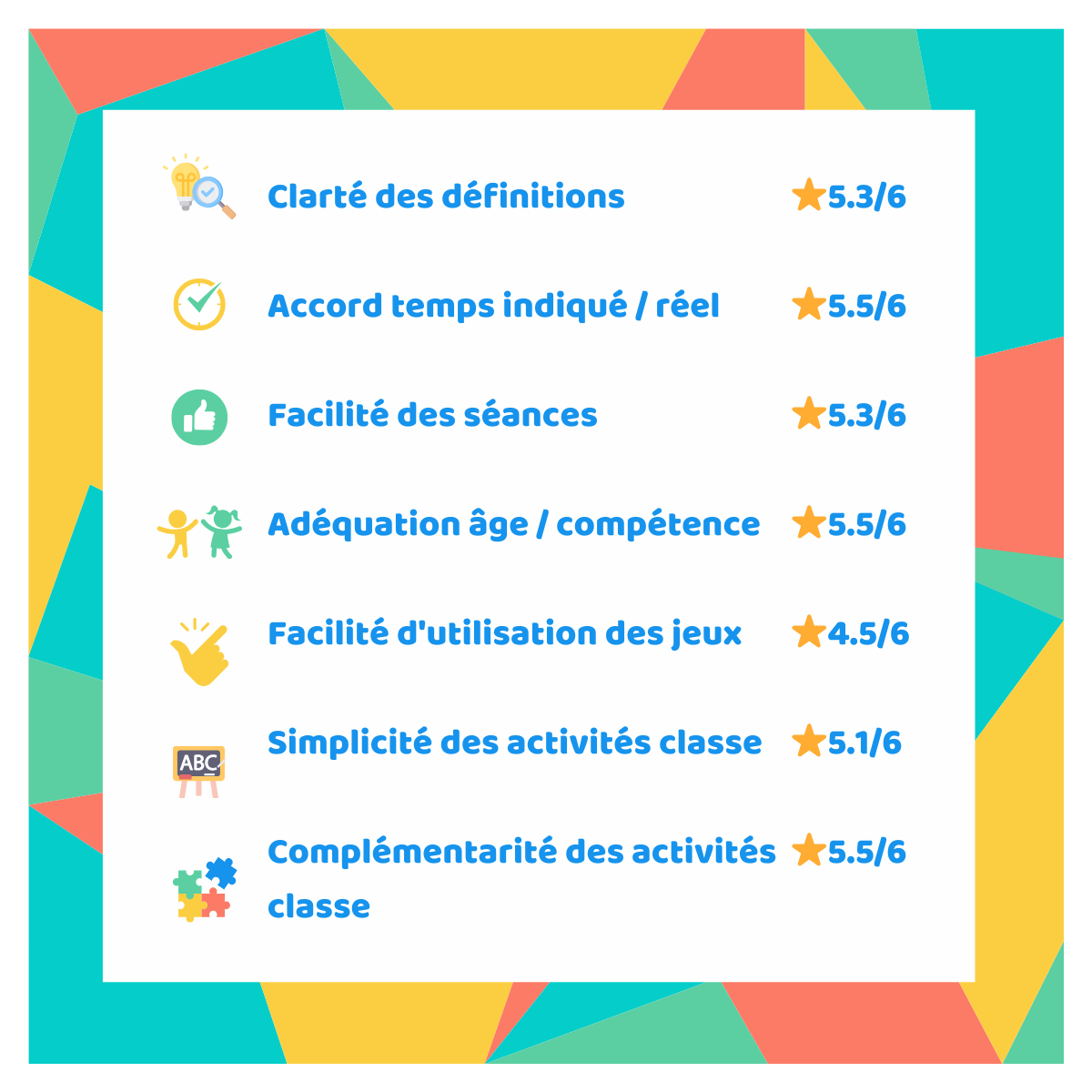EMOTION MANAGEMENT PROGRAM
Findings on managing emotions
Managing emotions is essential to well-being. But did you know that emotional states and metacognitive feelings have been shown to have a powerful impact on learning?
And according to the 2018 PISA results, France ranks 62nd out of 65 OECD countries in terms of student anxiety!
What do the national education programs say?
The theme of emotions appears in various subjects: French, Arts, EPS, Moral and Civic Education. The aim is to "resolve conflicts without aggression, and avoid resorting to violence by mastering the means of expression, communication and argumentation".

OUR program objectives
"EMOTION MANAGEMENT
- Identifying and naming emotions
- Welcoming emotions and their different intensities
- Identify the origins and bodily responses of emotions
- Developing emotional intelligence: expressing emotions/needs and understanding those of others
The program in detail
Session 1: Students enrich their lexicon of emotions with swipe games, mazes and mini-videos. They then use this vocabulary to describe works of art or write poems.
Session 2: Pupils continue to identify emotions through matching and scaling games. They then act out emotions through theatrical games.
Session 3: pupils learn to identify the origin of their emotions and their bodily responses. They then listen to an album on the theme of emotions (cycle 2), or discuss how they regulate anger and do a sophrology exercise (cycle 3).
Session 4: students discover emotional intelligence through mini-videos, crosswords and drag & drop. They then learn to express their emotions and needs using the clear message technique (cycle 2), or to identify emotion-related needs using cards (cycle 3).
Session 5: Students take stock of what they've learned and fill in the missing words in a summary.
Our edutainment approach
Our approach combines independent games on tablet/computer and classroom activities.
Why use digital technology to work on CPS?
A variety of games enable students to reflect on themselves and discover best practices in concrete, everyday situations.
Ergonomics and easy-to-understand instructions encourage intuitive use by students: sorting games, drag & drop, MCQs, mazes, sophrology, etc.
Then a class activity is proposed. This could be, for example :
> a collective exchange or debate to develop opinions
> a role-playing game to put into practice what has been learned
> a small-group activity to consolidate what has been learned and learn to collaborate
> an artistic activity to develop creativity
> an activity to formalize what has been learned, such as application exercises or the creation of a written record.
A turnkey tool
In your teacher interface, you will have access to all the resources you need to implement the session:
- student tracking charts
- step-by-step teaching guides for easy-to-use sessions
- student materials to be projected or photocopied
- a proposed yearly progression and references to official programs
- instructions for use
To sum up:
The Emotion Management program will help your students recognize and regulate their emotions, and develop their emotional intelligence. By increasing their capacity for empathy, you promote a good classroom climate and conditions conducive to learning.

